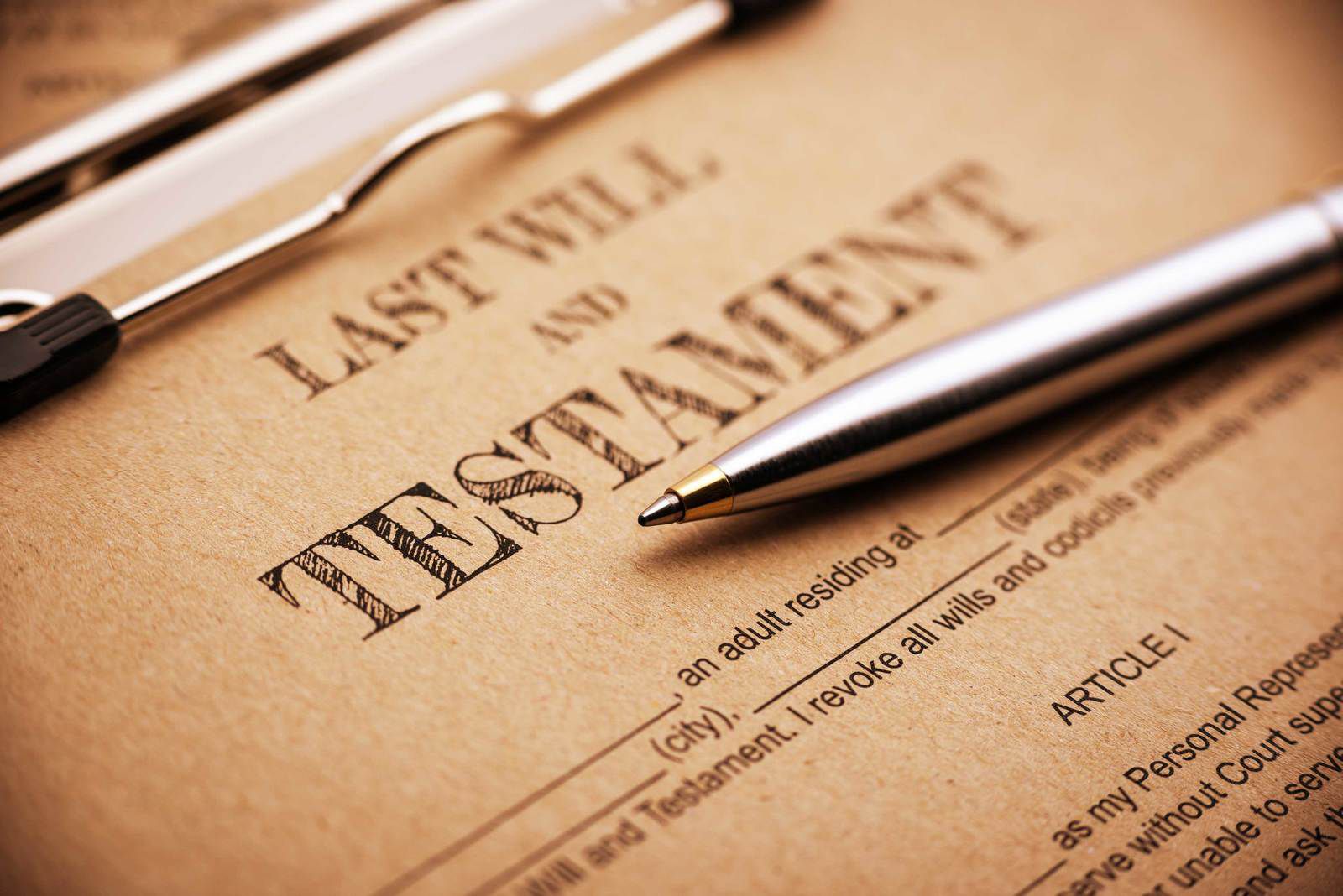Wills – A Guide
Why make a will?
A will is a legal document distributing the assets after the testator’s (person who makes the will) death. By making a will you can decide what happens to your possessions after your death, who will benefit from them and how they should be distributed. There is no legal obligation to make a will but if a person dies without one, their assets will be distributed according to the intestacy rules in an order established by the law and dependent on their personal circumstances.
Making a will
It is possible for the testator to write the will themselves however it is advisable to consult a solicitor as there are some formalities and legal requirements which a will needs to fulfil (see below) in order to be valid. The will should clearly describe the assets or property and the intended beneficiaries (people who will receive them).
Why should you make a will?
- If you are an unmarried couple and want to provide for your partner after your death
- If you want the distribution of your assets after your death to be your personal decision and provide for your family or friends
- If you are divorced and want to provide for your former spouse
- If you want to ensure that you do not pay more Inheritance Tax than necessary
Validity
For a will to be valid the testator must fulfil certain requirements. These are as follows:
- The testator must have the capacity to make a will: he or she must be 18 or over (unless they he or she has privileged status) and be of sound mind (medical evidence should be provided in some circumstances), memory and understanding. They have to be able to understand what the nature and purpose of the will is and what is the extent of their assets.
- Have the intention to make a will: he or she must have a specific intention to make this specific will; and
- Comply with the legal requirements: the formalities are listed below
Formalities
These are the formalities required by the statute and must be complied with in order for the will to be valid.
- The will must be in writing and signed by the testator or (in case of the testator not being able to sign it him or herself) someone else in the testator’s presence and by his or her direction
- The testator must intend that his signature is to give the effect to the will
- The will is signed in the presence of minimum of two witnesses (the maximum number is not specified) present at the same time
- Each witness must sign the will
- The will should be dated although it is not invalid if there is no date
Proceedings after making a will
- The will should be kept up to date, it is advisable to review your will every five years as well as after changes in circumstances: getting married, divorced, having a child, deaths in the family etc.
- Every change to a will needs to be formally made by a legal document called a codicil
- The will and all related paperwork should be kept in a safe place and the will’s executors (person or people nominated by the testator to ‘execute’ or carry out the directions of the will) should be informed of the will’s whereabouts
Executing a will
A proper execution is one of the legal requirements for the will to be valid. It is preferable that the will is executed in the solicitor’s office where he or she can ensure compliance with the law.
Major changes and annulment of a will
Changes to the will can be made during the lifetime of the testator. These are usually made by a codicil amending and referring to the will. If there are any major changes in circumstances the testator should simply make a new will.
Methods of annulment (revocation) of a will:
- Marriage: the testator’s marriage or civil partnership automatically revokes any wills made before it unless they were made with this marriage in mind (the will specifically refers to it).
- Destruction: any way of destroying the will (tearing it, burning, cutting into pieces etc.) will annul the will as long as that is the intention of the testator.
- Making a new will or codicil:the new will should expressly state that it revokes any earlier wills.




/image%2F4289112%2F20200324%2Fob_546605_injured-child.jpg)
/image%2F4289112%2F20200324%2Fob_bdd1ce_work-related-illness.jpg)
/image%2F4289112%2F20200324%2Fob_b5f384_car-accident.jpeg)
/image%2F4289112%2F20200324%2Fob_60bbc0_back-injury.jpg)
